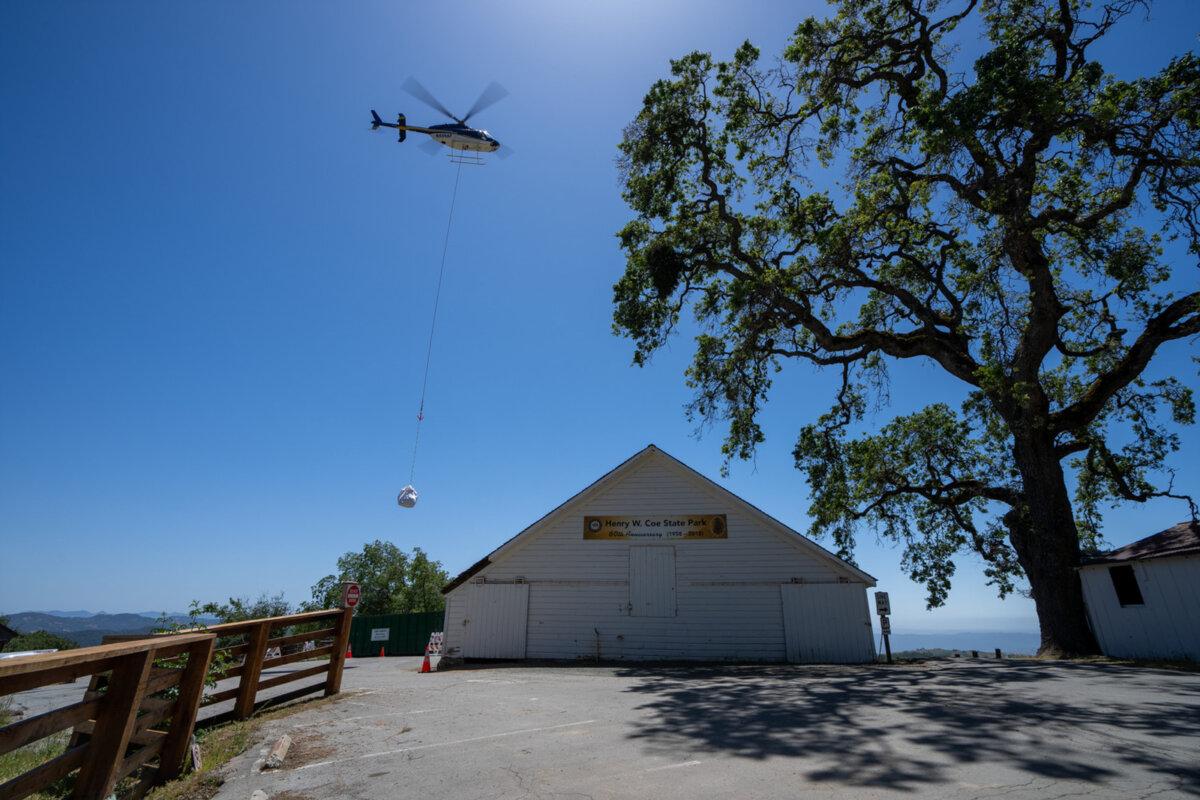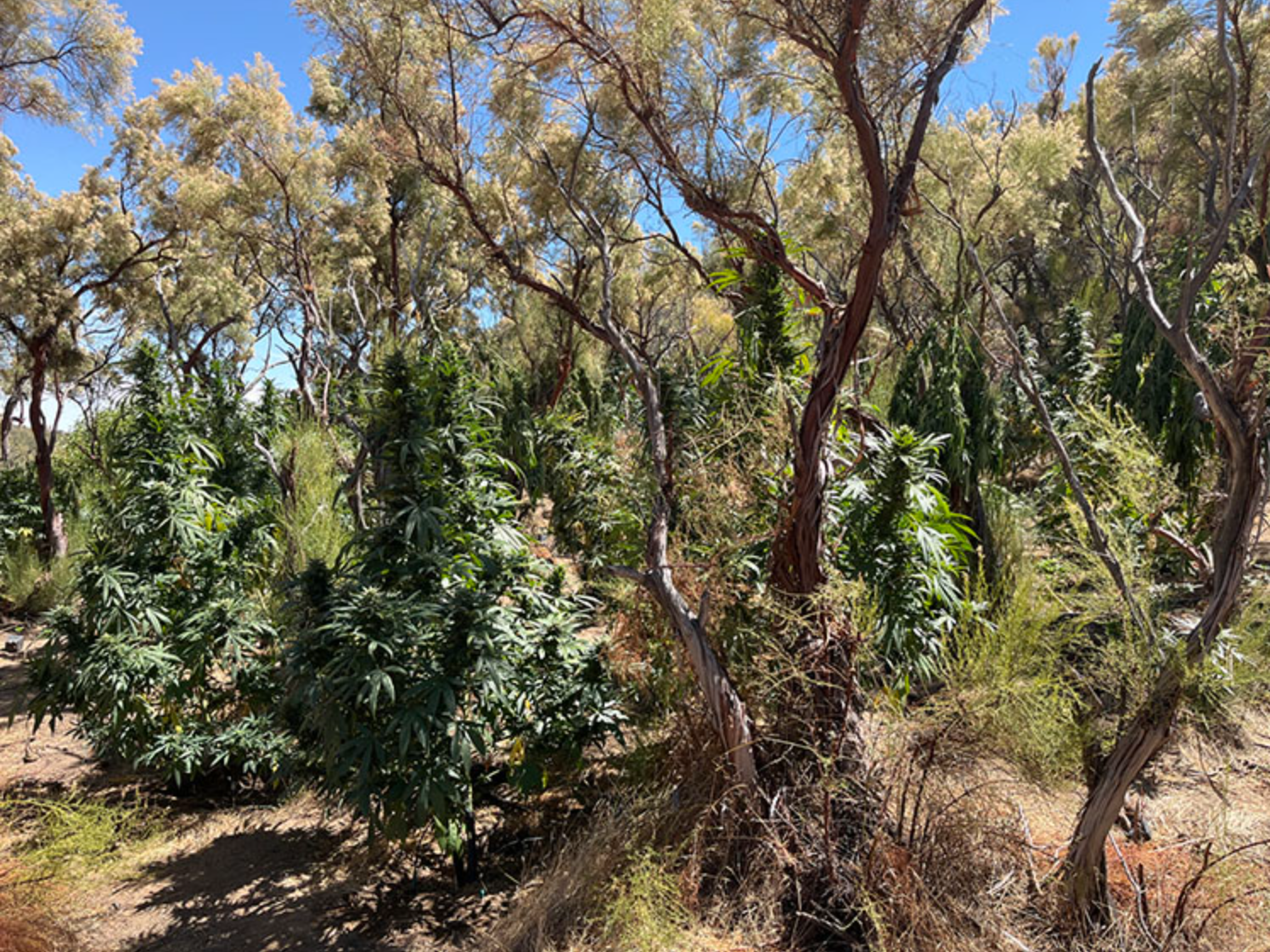The California State Parks system has removed tens of thousands of illegal cannabis plants and dismantled dozens of cultivation sites in state parks this year.
Staff members have helped to remove 25,558 cannabis plants, 4,820 pounds of processed cannabis, as well as 18 firearms from state parks property in 2024. The investigations also led to seven arrests.
The seizures are part of the parks’ Cannabis Watershed Protection Program (CWPP), which deployed a “special enforcement team” to lead 16 law enforcement operations in or near state park property this year. The team also put an end to water diversion schemes and cleaned up waste and other sources of pollution during the operations.
The CWPP team includes law enforcement, resource managers, maintenance crews, and other technical experts.
“Illegal cannabis cultivation poses a serious threat to California’s unmatched natural resources, and we continue to make progress identifying and eradicating grow sites in and around State Parks,” said State Parks Director Armando Quintero in a statement. “The State Parks Cannabis Watershed Protection Program team will never stop working to protect these most valuable public lands and ensure their environments are safe for generations to come.”
The CWPP removed 4,672 cannabis plants from Anza-Borrego Desert State Park, California’s largest park. In addition, law enforcement removed 500 pounds of waste, and 1,000 feet of irrigation line from the park.
Statewide Operations
The special enforcement team and CWPP also remediated 23 historic grow sites within State Parks territory, removing approximately 16,000 pounds of waste, including 33,000 feet of plastic irrigation tubing, and over 600 pounds of fertilizer.
A helicopter lifts super sacks filled with waste away from a former grow site at Henry W. Coe State Park. (California State Parks)
“The environmental impacts of these illicit grow operations can be devastating, such as polluting waterways and altering native ecosystems, and remediation is the first step in addressing effects they have on the landscape,” the park said in a news release.
Established in 2019 with funds from the Cannabis Tax Fund, a permanent fund from specified taxes and other sources, the CWPP works to identify illegal cannabis sites in or around its property and also cleans up trash and hazardous materials.
California State Parks has documented more than 400 illegal cannabis cultivation sites on state park land across the state, according to officials.
Statewide, law enforcement agencies have confiscated a total of 774,829 illegally grown cannabis plants and 106,141 pounds of processed cannabis in 2024 so far. The underground market value of the cannabis is estimated at $353 million.
“California cannabis enforcement has a long way to go to ensure that the illicit cannabis doesn’t make it into the legal market,” said San Bernardino County Sheriff Shannon Dicus in a statement.
The state parks’ special enforcement team works with the state Department of Justice’s Eradication and Prevention of Illicit Cannabis program, as well as Governor Gavin Newsom’s Unified Cannabis Enforcement Task Force to dismantle illegal cannabis cultivation across the country’s largest state park system, including 280 parks across 1.59 million acres of land.
The team led operations this year in or near Anza-Borrego Desert State Park, Clear Lake State Park, Colonel Allensworth State Historic Park, Lake Oroville State Recreation Area, Onyx Ranch State Vehicle Recreation Area, Saddleback Butte State Park, and Smithe Redwoods State Natural Reserve.













